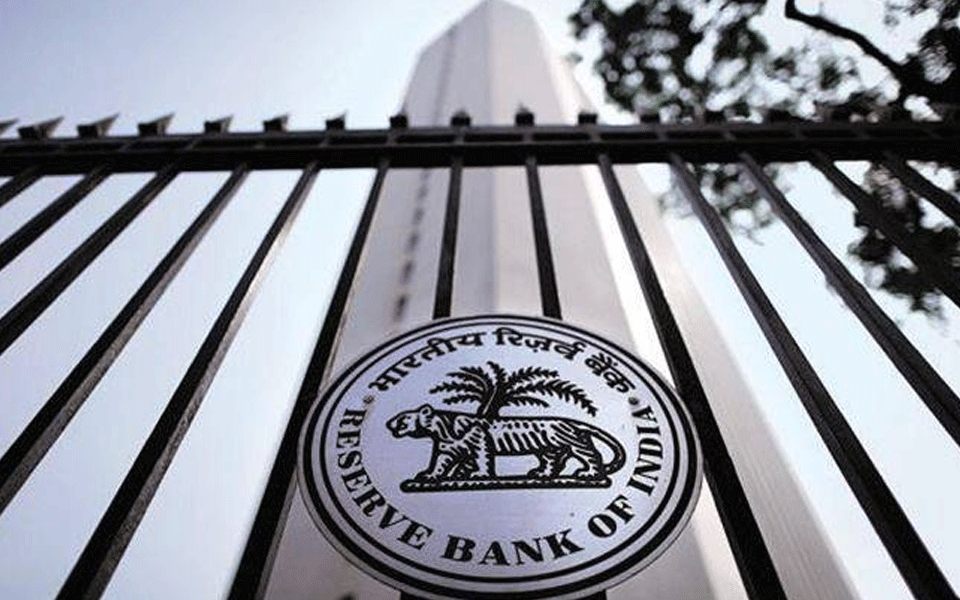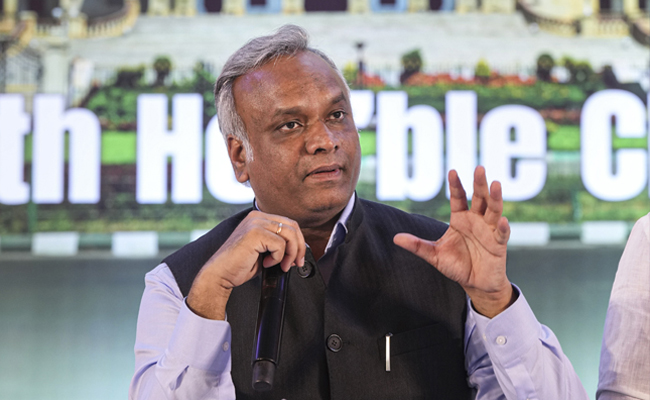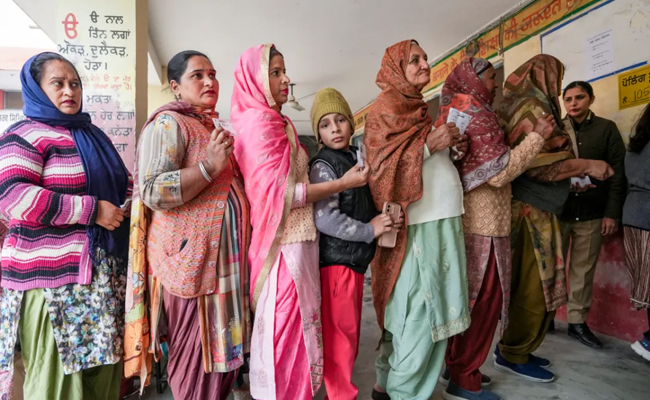Mumbai, Aug 17 : A strong US dollar and subsequent interventions by the country's central bank to stabilise the rupee drained over $1.80 billion from India's foreign exchange (forex) reserves, analysts said on Friday.
As per the Reserve Bank of India (RBI) weekly statistical supplement, the overall forex reserves plunged by $1.82 billion during the week ended August 10 to $400.88 billion from $402.70 billion reported for the week ended August 3.
According to Anindya Banerjee, Deputy Vice President for Currency and Interest Rates with Kotak Securities, the decline in Forex reserves can be attributed to the RBI's intervention to stem the decline in rupee's fall.
The RBI is known to enter the markets via intermediaries to either sell or buy US dollars to keep the rupee in a stable orbit
India's forex reserves comprise of foreign currency assets (FCAs), gold reserves, special drawing rights (SDRs) and the RBI's position with the International Monetary Fund (IMF).
In recent days, factors such as geo-political developments, wider trade deficit, along with outflow of foreign funds have pulled the Indian rupee to fresh record intra-day and closing lows.
On Thursday, the Indian rupee had plunged to an intra-day low level of 70.39-40 -- its lowest ever mark -- against the greenback prompting automobile manufacturers and other import dependent sectors to raise prices.
It settled at a record closing low of 70.16 against the US dollar on Thursday.
Segment-wise, FCAs -- the largest component of the Forex reserves -- receded by $1.94 billion to $376.26 billion during the week under review.
Besides the US dollar, FCAs consist of nearly 20-30 per cent of major global currencies. The individual movements of these currencies against the US dollar impacts the overall reserve value.
"A consistent decline in reserves show that the RBI is continuously intervening in the market to protect the rupee," Rushabh Maru, Research Analyst, Anand Rathi Shares and Stock Brokers, told IANS.
"Another reason is the fact that foreign currency assets include the effect of appreciation or depreciation of the currencies such as Euro, Pound etc held in the reserves. Since Euro and Pound both have depreciated sharply in recent months, the fall in valuation is also the reason for decline in the reserves."
However, the value of the country's gold reserves increased by $145.6 million to $20.69 billion.
The country's SDRs' value slipped by $9.2 million to $1.46 billion, while the country's reserve position with the IMF inched down by $9.2 million to $2.45 billion.
Let the Truth be known. If you read VB and like VB, please be a VB Supporter and Help us deliver the Truth to one and all.
Belagavi (Karnataka) (PTI): Karnataka Minister Priyank Kharge on Wednesday said the state government is working to appoint an agency to manage clean drinking water units in rural areas.
The state Rural Development and Panchayat Raj minister was responding to a question by Hirekerur MLA U B Banakar in the legislative assembly.
"In the rural areas of the state, many clean drinking water units have been set up under corporate social responsibility (CSR) grants, including contributions by MLAs and MPs, and handed over to gram panchayats. After the maintenance period, problems have arisen in keeping these units operational," Priyank said.
He added that a proposal has been made to award a maintenance contract to one of the country’s reputed drinking water unit manufacturing companies, but so far, no companies have come forward to take up the work.
ALSO READ: Woman threatens to end life as police official refuses to accept love proposal, FIR registered
"The government is continuing its efforts and will resolve this problem soon," he said.
On a query regarding fluoride content in water, the minister said water quality testing is being conducted monthly in all zilla panchayats.
"Laboratories have been opened for this purpose. Around 6.5 lakh water samples have been tested across the state, and water testing kits have been provided to villages," he added.





